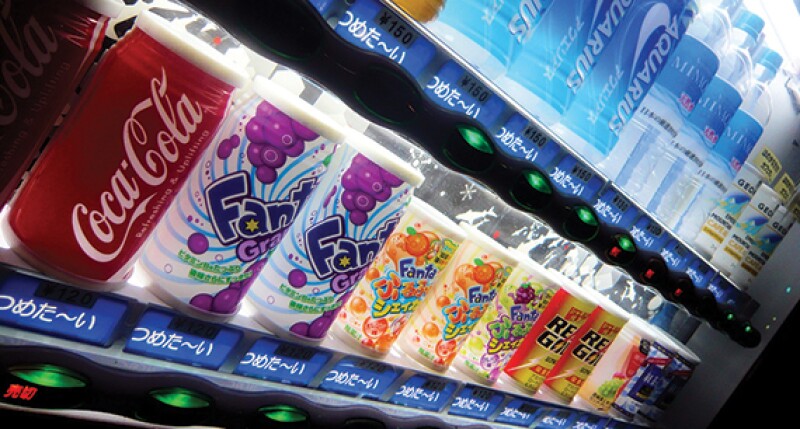
|
The fat tax is a new entry this year |
Let them drink soda! Tempers came to a head in 2017 when local committees in US cities and counties began wrangling over levies on sugary fizzy drinks.
The sugary drinks tax is intended to provide buffers for the public health systems bearing the results of the health repercussions such as diabetes, and to curb consumption as a form of prevention, although the effectiveness of the latter remains questionable.
Across the US, more than one in three adults and one in six children, aged two to 19, are obese, according to the Centre for Disease Control and Prevention (CDC), which result in more than $150 billion in healthcare costs annually.
"Investing in obesity prevention provides a significant return on investment for the American taxpayer," the CDC advises. Nearly half (49%) of American adults drink a sugar-sweetened beverage on a given day and to undercut these habits health officials have demanded a tax on sugary beverages.
Opponents of the controversial tax consider it a manifestation of a nanny state in which the government interferes too much with personal choices.
"The beverage industry is a major economic contributor to the global economy, and selective taxation can have negative economic results," a spokesperson for the International Council of Beverage Associations tells International Tax Review.
A global wave of taxation for sugary drinks is likely to alter beverage company strategies to include less sugar in products and ultimately lower any potential impact from additional taxation.
The toast of the town was certainly the overturning of the sugar tax in Chicago in October, which repealed the year-old sweetened beverage tax ordinance in Cook County, shortly after it was introduced in 2016.
Former New York city Mayor Michael Bloomberg contributed $3 million in support of a campaign to uphold the measure in the fight against Big Soda, after failing to implement the tax in New York.
Berkeley, California, and Philadelphia, Pennsylvania, were among the first cities to pass the tax on sugary drinks, followed by Albany, San Francisco and Oakland, all in California; and Seattle, Washington; Boulder, Colorado; and Portland, Oregon.
Industry associations have argued the tax will cause mass chaos and confusion for customers.
In Cook County the tax rate was $.01 per ounce of sweetened beverage – simple enough.
But what happens when it's a syrup?
The Cook Country Sweetened Beverage Tax specified: "Sweetened beverages produced from syrups using a beverage dispensing machine and powders using a beverage dispensing machine or by hand mixing (fountain drinks, lemonade, etc.) – tax is applied to the total amount of beverage that the syrup or powder will make per the manufacturers' directions."
For example, a 5 gallon bag of syrup will make 3,840 ounces of beverage – at tax rate of $.01 per ounce of sweetened beverage, the tax for that bag of syrup is $38.40.
The tax is also thought to be an easy money grab for governments. The most obvious example is the probably the UAE, which in October instated a 50% tax on soda and 100% on energy drinks.
The sin taxes, levied on goods deemed as part of unhealthy lifestyles such as alcohol and tobacco, are nothing new. American comedian Paula Poundstone famously said: "The wages of sin are death, but by the time taxes are taken out, it's just sort of a tired feeling."
The Global Tax 50 2017 |
|
|---|---|
The top 10 • Ranked in order of influence |
|
6. Arun Jaitley |
|
The remaining 40 • In alphabetic order |
|
| The Estonian presidency of the Council of the European Union |
|
| International Consortium of Investigative Journalists (ICIJ) |
|
| United Nations Committee of Experts on International Cooperation in Tax Matters |
|









